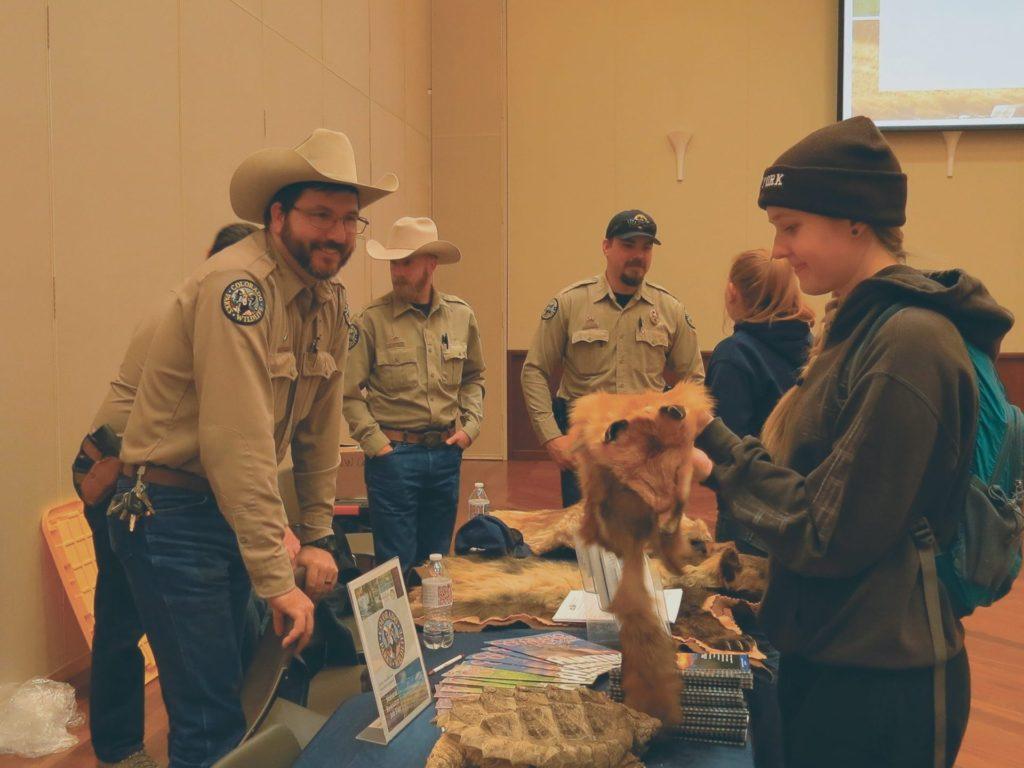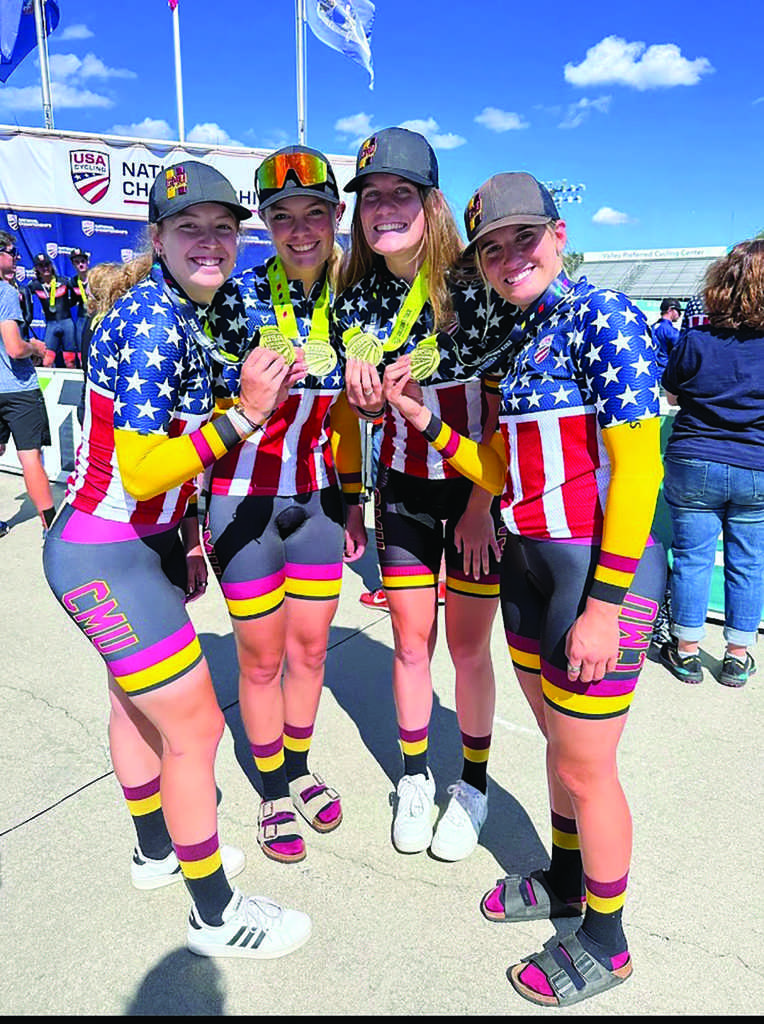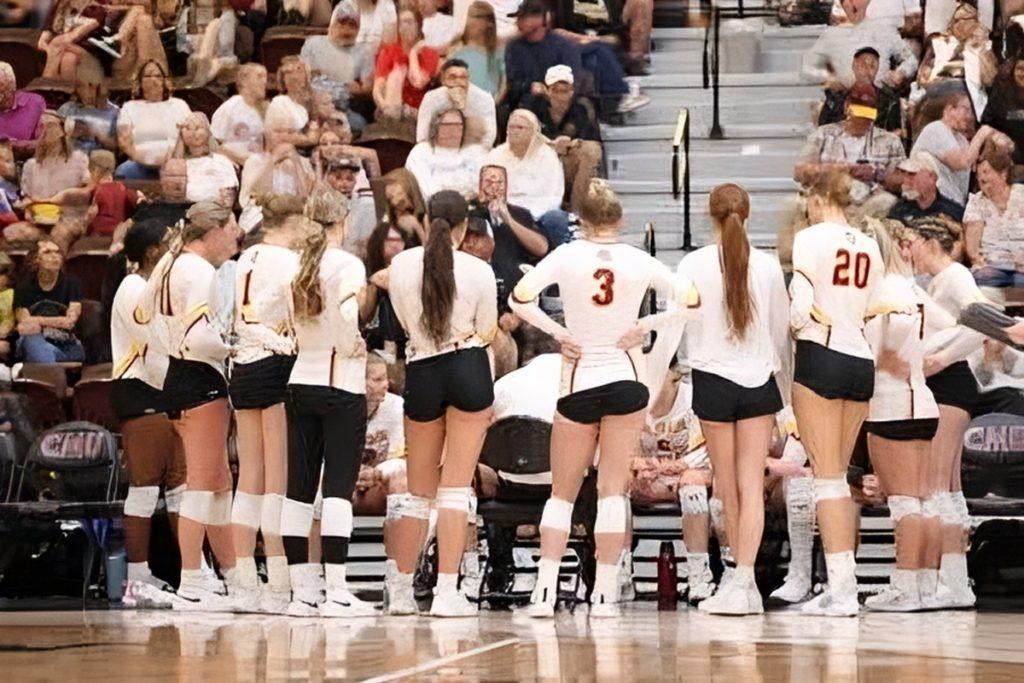Where are you from?
“I’m from Brookfield, Wisconsin (a suburb of Milwaukee).”
Where did you attend to receive your education and degree?
“BA from the University of Minnesota in Sociology, and Mass Communications MA and PhD from the University of Arizona in Sociology.”
Why and when did you decide to work at Colorado Mesa University?
“After graduate school, I did postdoctoral research at the Population Center at the University of North Carolina, Chapel Hill. Even though the research that I did was interesting, the experience cemented for me what I had already begun to realize […] which was that undergraduate teaching was what I really wanted to do. During my postdoc, I missed teaching and getting to know students in the way that I had during graduate school. When I went on the job market, I very narrowly searched for public universities that emphasized and valued undergraduate teaching. Since I also wanted to live in the west, Mesa State College was a great fit.”
What’s your favorite part about being a professor of sociology?
“The students and the topics that I get to teach. I feel incredibly lucky to teach about society, social organization and social problems that I see as just inherently interesting. I love it when I get to see students have an “aha moment,” which could be because something they were learning finally clicked or could be when they have a moment of recognizing the implications of what we’ve been covering. It is exciting to be even a small part of the lives of students.”
What are the types of course you teach? “I teach two lower division courses on a regular basis – social problems and marriage and families. I teach a variety of upper-division courses regularly as well – including gender, life course, 21st century families, social movements, population and classical social theory. All of these courses focus on the organization of human society and its impacts on people’s lives. Sociology emphasizes the concept of agency within social context: while people have the agency to make and act on their own decisions, their decisions and behaviors are very much shaped by social factors. This concept can help us understand how society works, why people do what they do, and what might be done to improve the things that are wrong in society.”
What advice would you give to a student that is thinking about getting into the social behavior sciences like sociology as their major?
“If you are interested in better understanding the social world, sociology and other social sciences are probably the place for you. I generally advise students to go with their heart. They’ll get a lot more out of college if they choose a major which they have some real interest and maybe even passion. Of course, students are also concerned about what they’ll do when they get out of school. How I think about it is that sociology opens many doors a little bit rather than opening one specific door very wide. Students will need to learn how to make an argument for how their major will help them do a great job in whatever career path they decide to take, but it’s an argument they’ll be able to make. A major like sociology also provides flexibility for students who don’t know yet what career path they might take. In today’s economy, many people change careers during their lives, often more than once, and the flexibility of a liberal arts major is a benefit for that reason as well.”
Who is your biggest role model?
“I don’t have just one. I’ve been lucky to know so many intelligent, amazing people who have helped me both in my career and personal life.”
Do you see yourself being a professor in the future or do you want to go a complete different route?
“Being a professor and a sociologist isn’t just a job or even just a career for me. It’s more of a calling. These are two of my core identities, and I wouldn’t want to give either of them up.”







